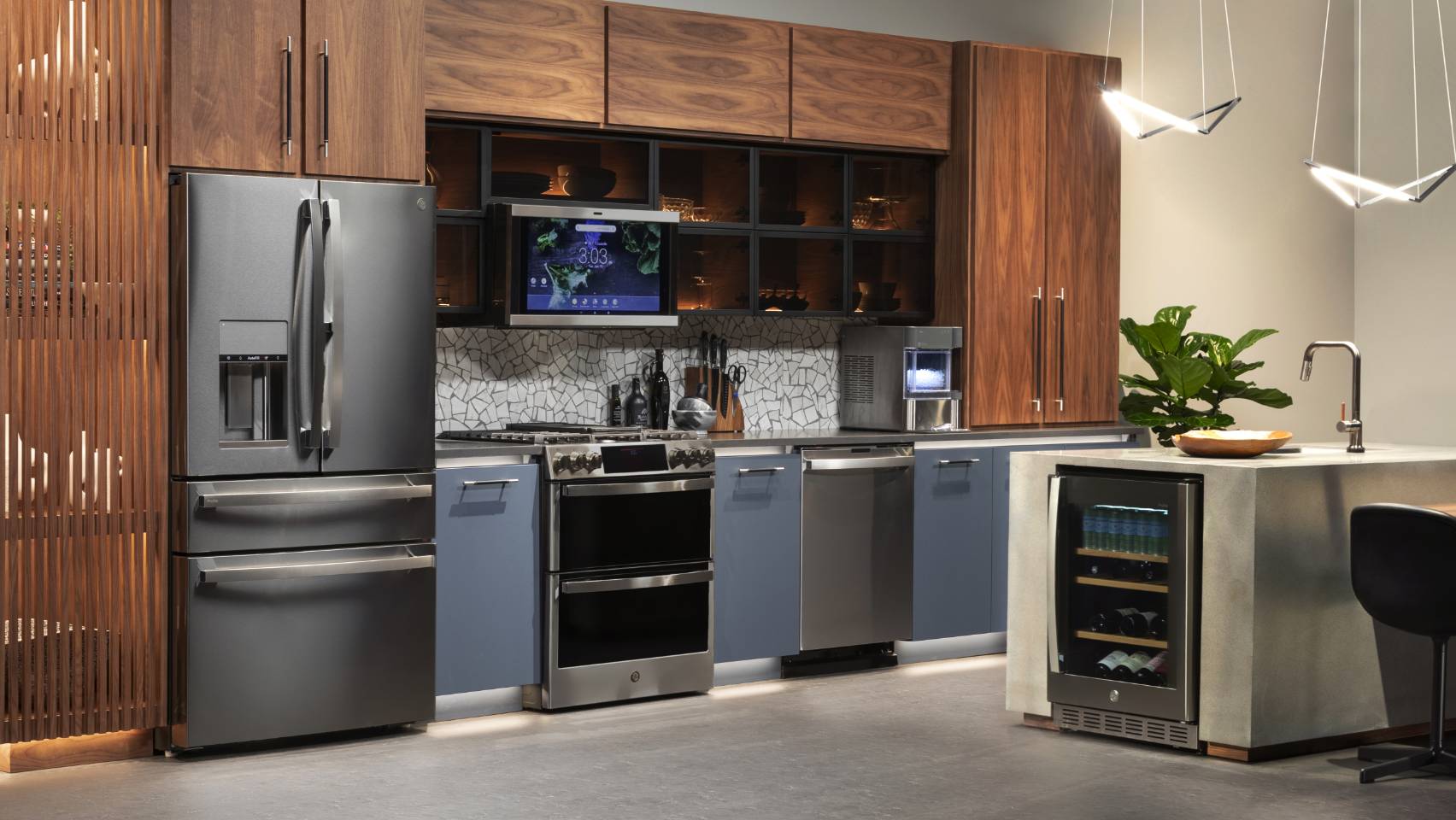Hire an Expert : (781) 300-9888
Hire an Expert : (781) 300-9888

05 Nov
Introduction
It’s a common dilemma: your appliance isn’t working as it should, and now you have to decide whether to repair it or invest in a new one. Replacing appliances can be costly, but repairs can add up too. Here’s a straightforward guide to help you decide when to repair and when it might be time to replace your appliances.
Most appliances have a general lifespan, which can be a good indicator of when to repair versus replace. Here are typical lifespans for common appliances:
When to Repair:
If your appliance is within its typical lifespan and the repair cost is reasonable, repairing it can be a smart choice.
When to Replace:
If it’s near the end of its lifespan and the repair cost is more than half of a new model’s price, consider replacing it.
A helpful rule of thumb is the 50% rule: if the repair cost is over 50% of the price of a new appliance, replacement may be more cost-effective in the long run. You can also ask yourself if the appliance has had frequent repairs recently, as repeated breakdowns could indicate it’s time to replace.
Older appliances typically use more energy, which can drive up your utility bills. Newer models are generally more energy-efficient, which can save you money over time.
When to Repair:
If your appliance is relatively energy-efficient and only needs minor repairs, it may be worth keeping.
When to Replace:
If you have an older, energy-draining appliance, replacing it with an energy-efficient model can be an investment that pays off on your energy bills.
Appliance technology is constantly evolving, offering new features that make tasks easier and appliances more efficient.
When to Repair:
If your appliance functions well for your needs and doesn’t feel outdated, repairing is a good option.
When to Replace:
If newer models have features you’d use regularly (like smart technology, faster cycles, or energy-saving settings), upgrading might be worth considering.
Appliances, especially large ones, have an environmental impact both in production and disposal. Opting to repair can reduce waste and is often a more eco-friendly choice.
When to Repair:
If your appliance is in good condition and can be repaired effectively, this choice can reduce your carbon footprint.
When to Replace:
If the appliance is inefficient and frequently breaking down, replacing it with a sustainable, energy-efficient model could have a more positive environmental impact over time.
Conclusion
Deciding whether to repair or replace an appliance doesn’t have to be difficult. By considering the appliance’s age, repair costs, energy efficiency, and overall functionality, you can make a choice that best fits your needs and budget. If you need help with repairs, our team is ready to assist in extending the life of your home appliances and making the most out of your investment.